If you’re a parent or caregiver in Delaware, you may be considering pediatric medical marijuana as a potential treatment for certain health conditions. However, navigating the regulations and ensuring safety can seem overwhelming. The rules are stringent – requiring specialist diagnosis, documentation, and governmental approval; it’s a lot to manage. Plus, there’s the critical aspect of dosage and communication with healthcare providers. So how do you effectively guide a child’s treatment within the boundaries of the law while prioritizing their well-being? Stick around as we explore this complex issue together.
Understanding Medical Marijuana
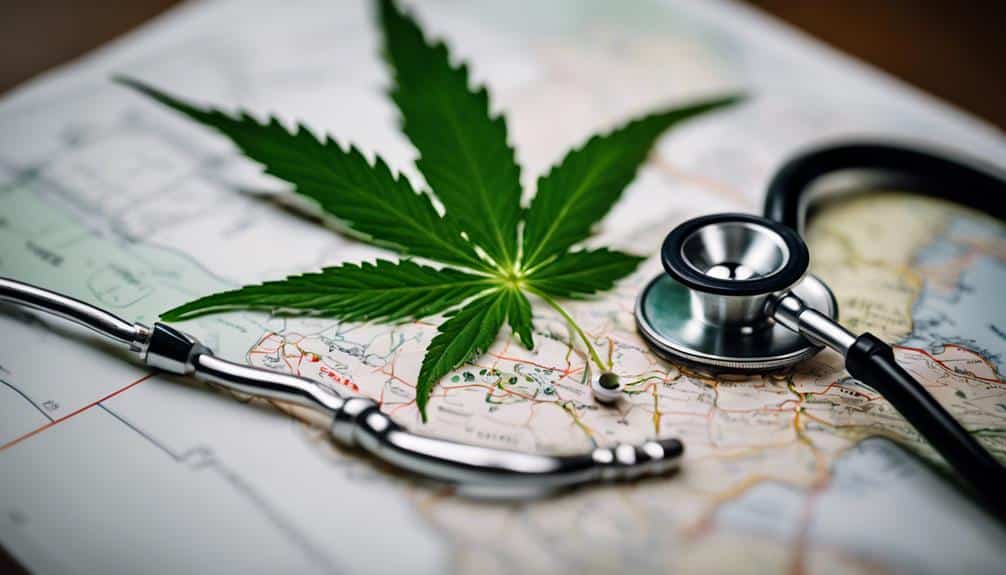
To fully comprehend pediatric medical marijuana, it is essential to first understand what medical marijuana is, how it works, and its potential benefits and drawbacks. Medical marijuana refers to using the Cannabis plant or its chemicals (cannabinoids) for treating diseases or conditions. The two main cannabinoids used in medicine are THC and CBD.
Your exploration into Cannabis strains should start here. THC creates the ‘high’ people feel when they smoke marijuana or eat foods containing it while CBD doesn’t produce a ‘high.’ Each strain has different ratios of these compounds which can have varying effects and potential therapeutic benefits.
When it comes to therapeutic dosage calculation, precision is crucial. The right dose varies significantly among individuals depending on factors such as patient condition, cannabinoid content of the strain being used, and individual body chemistry.
Although medical marijuana has been touted as a treatment for a wide range of diseases, it’s important to remember that the FDA hasn’t approved the Cannabis plant as medicine. The benefits must outweigh the drawbacks, which can include addiction and mental health issues, especially when used in the pediatric population.
History of Pediatric Cannabis Use
While understanding the basics of medical marijuana sets the groundwork, let’s now delve into the historical context of pediatric cannabis use. This history, deeply influenced by cultural perspectives and international approaches, provides valuable insights.
In many cultures, cannabis has been used medicinally for centuries. From ancient Chinese and Egyptians to Victorian-era physicians, cannabis was prescribed for various ailments including those in children. However, societal attitudes began to shift in the 20th century leading to stricter regulation and reduced medical use.
In the 1970s and 1980s research began to resurrect the medicinal potential of cannabis including its use in pediatrics. Studies showed promising results for treating pediatric epilepsy and other severe conditions. Yet stigma associated with cannabis use particularly in children remained a significant barrier.
Internationally attitudes have varied. Countries like Canada and Israel have embraced medical cannabis for pediatric use recognizing its potential benefits while others continue to resist due to restrictive laws and societal resistance.
Understanding this history is critical as it helps appreciate complexities surrounding pediatric cannabis use providing a backdrop against which current practices can be evaluated. It’s crucial to learn from past experiences so we can better serve our children ensuring their safety.
Delaware’s Medical Marijuana Laws
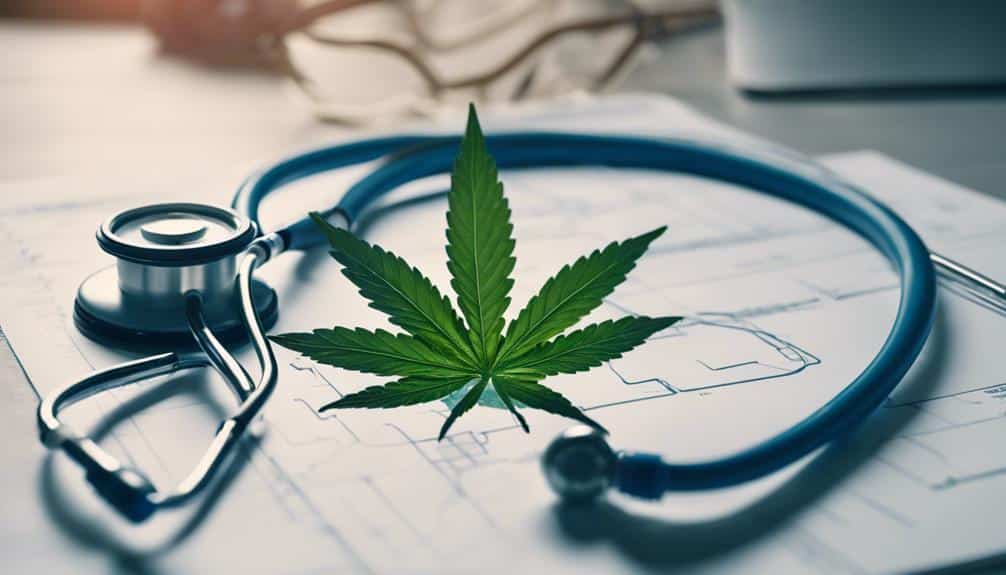
In light of this historical context, let’s examine Delaware’s medical marijuana laws, a unique piece in the complex puzzle of pediatric cannabis use. Delaware’s laws are particularly noteworthy in relation to cannabis dispensary regulations and patient privacy rights.
The state’s regulations stipulate that only a limited number of licensed dispensaries, also known as compassion centers, can operate. These dispensaries must adhere to strict guidelines to ensure safety and quality such as testing all cannabis products for contaminants. They also must maintain a secure environment to prevent unauthorized access or theft.
When it comes to patient privacy rights, Delaware’s laws are immensely protective. The state ensures that patient information remains confidential and isn’t disclosed without the patient’s consent. This includes details about the patient’s condition, their status as a registered medicinal cannabis user, and any other related data. This confidentiality is crucial in providing a safe and respectful environment for pediatric cannabis use.
Application Process for Minors
Navigating the application process for medical marijuana use in minors can be complex requiring careful attention to Delaware’s specific regulatory guidelines.
Firstly you’ll need to ensure that your child has a qualifying condition which typically involves diagnosis from a specialist and necessitates trying traditional treatments first. It’s also important to note that participation in clinical trials might be required in some cases.
Next comes documentation prerequisites including written certification from a physician stating that medical marijuana is recommended treatment for your child’s condition. You’ll also need proof of your child’s Delaware residency and age such as birth certificate and utility bill. Moreover as caregiver your identification like driver’s license is necessary too.
Last but not least you’ll complete an application form with details about the patient and caregiver. Once submitted anticipate thorough review process by the state’s Department of Health and Social Services. Keep in mind approval doesn’t guarantee immediate access to medical marijuana. You may need to locate a dispensary and discuss suitable products for your child’s specific needs. This entire process can be daunting but it’s crucial to ensure safe and regulated access to medical marijuana for your child.
Safety Concerns and Controversies
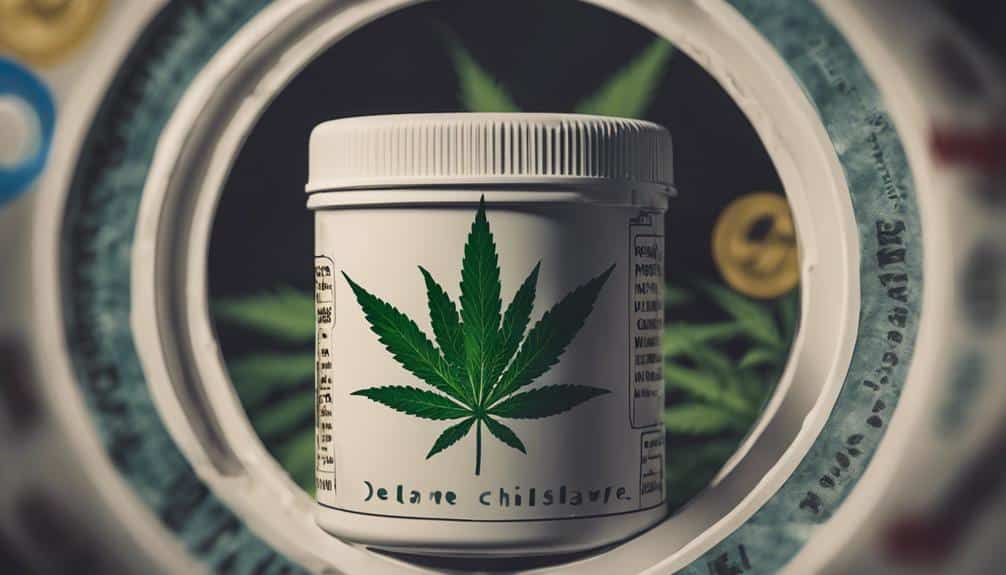
Despite the stringent application process, you might still have concerns about the safety and controversies surrounding pediatric medical marijuana use in Delaware.
Parental perspectives vary widely with some praising the benefits while others fear potential risks. One primary concern is potential long-term cognitive or developmental damage especially given that a child’s brain is still in a vital stage of growth. There’s also worry about potential misuse or dependency, as well as ethical dilemmas of introducing such substances to children.
The lack of comprehensive studies further fuels these concerns due to marijuana’s classification as a Schedule I drug which restricts research. This creates a paradoxical situation where the medication is legal but its long-term effects on children remain largely unknown.
It’s essential to ensure reliable dosing and purity considering risk of contamination. Delaware has stringent regulations to mitigate these risks but concerns persist. Ultimately decision to use medical marijuana for a child must be made cautiously considering all potential risks and benefits, in consultation with knowledgeable healthcare provider.
The controversy surrounding pediatric medical marijuana revolves around these safety concerns and ethical dilemmas. It’s a complex issue with no straightforward answers and requires ongoing dialogue and research.
Benefits of Pediatric Cannabis
While safety and ethical concerns persist, there’s no denying the potential benefits that pediatric cannabis could offer for children with certain medical conditions. You’re likely aware that cannabis has been used to treat adults with conditions such as chronic pain, epilepsy, and multiple sclerosis. But what about kids?
Research suggests that cannabis could also be a powerful tool in pediatric pain management. Children with conditions causing chronic pain like juvenile arthritis or cancer could find relief through carefully calculated cannabis dosages. This relief could drastically improve their quality of life allowing them to engage in normal childhood experiences with less discomfort.
Moreover pediatric cannabis could offer benefits beyond pain management. Early studies indicate potential in treating conditions like epilepsy autism and anxiety disorders in children. Again it’s all about accurate dosage calculations which are crucial to ensure efficacy and limit possible side effects.
Pediatric cannabis isn’t a one-size-fits-all solution but requires careful consideration thorough understanding and strict adherence to dosage guidelines. However for children living with debilitating conditions the potential benefits of carefully administered cannabis could be life-changing making it an avenue worth exploring for those dedicated to improving children’s health.
Possible Side Effects and Risks
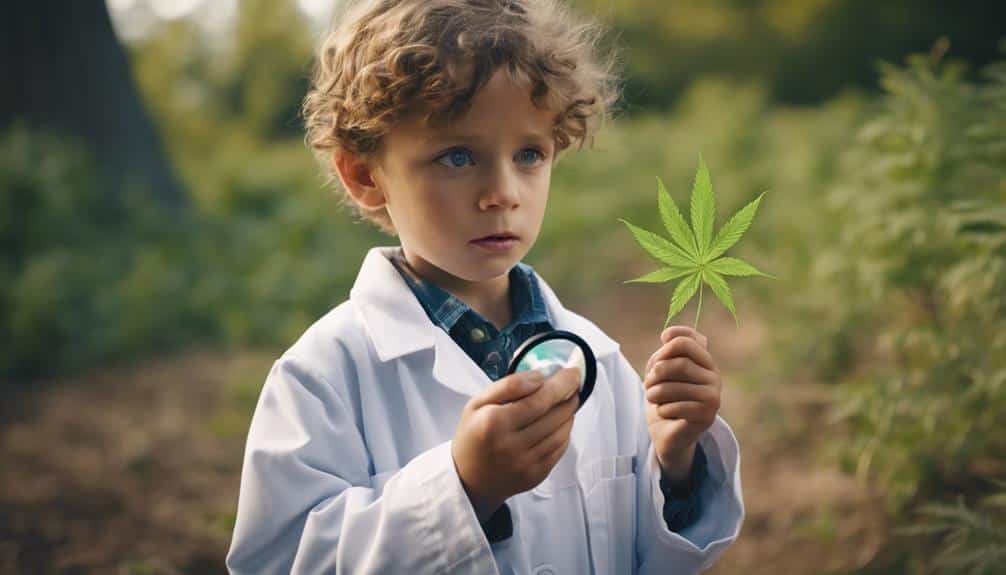
However it’s important to note that use of pediatric cannabis isn’t without potential side effects and risks. Dosage determination is crucial because it’s a delicate balance. Too low a dosage may be ineffective while too high a dose can lead to adverse reactions. Drowsiness dizziness and changes in mood or appetite are common side effects. More serious concerns include potential cognitive development issues in long-term use especially if started at very young age.
Strain selection also plays critical role in minimizing risks. Different strains contain varying levels of THC and CBD each with its own potential benefits and side effects. Choosing the wrong strain can exacerbate symptoms instead of alleviating them.
It’s also worth noting that the long-term effects of pediatric cannabis use aren’t fully understood due to lack of comprehensive studies. It’s crucial to monitor your child’s reaction to treatment and regularly consult with healthcare professional. Your goal is to maximize benefits while minimizing risks so careful management of dosage and strain selection are key. Remember pediatric cannabis treatment should always be decision made with thorough understanding and professional guidance.
Legal Implications for Parents
Navigating legal landscape of pediatric medical marijuana use can be daunting task for parents especially considering complex and often contradictory laws governing its use. Your parental responsibility isn’t just ensuring your child’s well-being but also understanding these legalities and their potential consequences.
In Delaware pediatric medical marijuana is legal for qualifying conditions however as caregiver you can’t just administer it at your discretion. You need to be registered, and your child’s use must be under physician’s recommendation; it’s not an over-the-counter drug you can just buy and use.
Failure to adhere to these regulations can lead to legal consequences such as neglect endangerment or even drug trafficking depending on circumstances which might seem harsh but remember law’s primary concern is child’s safety.
Guiding Your Child’s Treatment
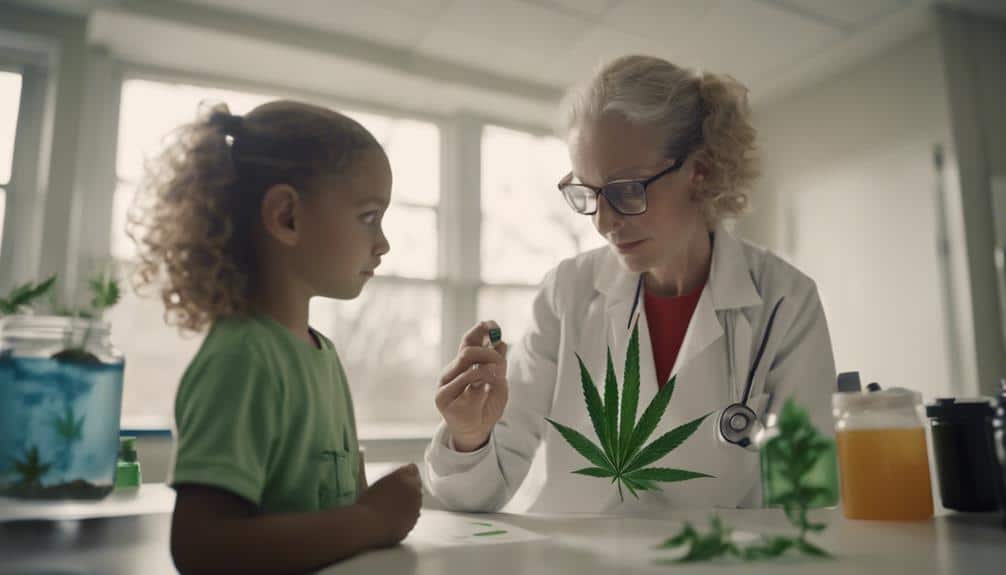
After understanding the legal implications it’s equally important for you as parent to actively participate in guiding your child’s medical marijuana treatment. Treatment supervision plays crucial role in ensuring safety and efficacy of therapy. It’s not just about administering dose but understanding nuances of therapy monitoring side effects and modulating dosage as per child’s response.
Prescription monitoring is another aspect you need to be mindful of which involves keeping track of drug’s supply ensuring it’s taken at right times and managing refills.
Always maintain open communication with your child’s healthcare provider updating them about your child’s response to treatment and any concerns you may have.
Conclusion
In navigating complex world of pediatric medical marijuana in Delaware it’s critical to tread lightly. Like a ship in uncharted waters, you must rely on guidance of medical professionals adhere to legal map laid out by state and always prioritize your child’s wellbeing. Remember this journey may be fraught with challenges but with care and caution you can chart course towards potential relief and improved quality life for your child.
We highly encourage you to visit us at Cannabis Docs of Delaware to learn more about how we can assist. We strive to make process as smooth as possible offering our expertise ensuring best outcomes. Whether you’re just beginning this journey or seeking more information we’re here support you. Don’t hesitate give us call at (855) 420-6797; we’re always ready answer your questions guide through intricate landscape look forward connecting with helping navigate this journey.
The post Pediatric Medical Marijuana in Delaware: Regulations and Safety appeared first on Delaware Cannabis Docs.
source https://delawarecannabisdocs.com/pediatric-medical-marijuana-in-delaware-regulations-and-safety/

No comments:
Post a Comment